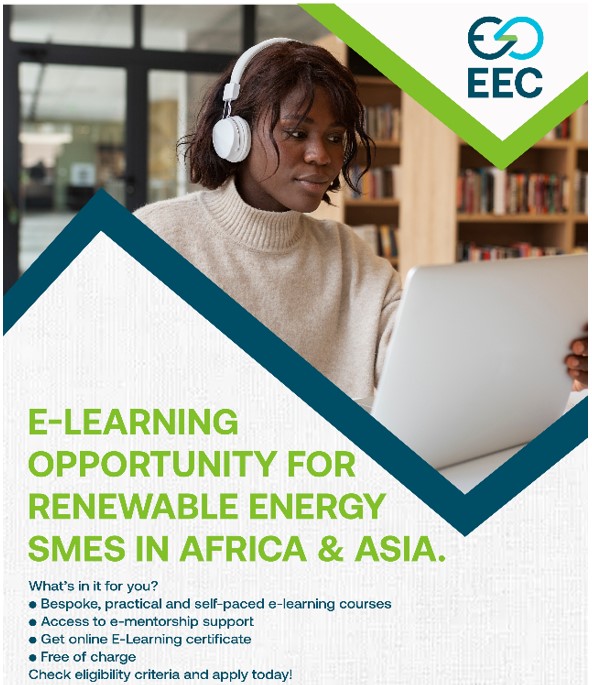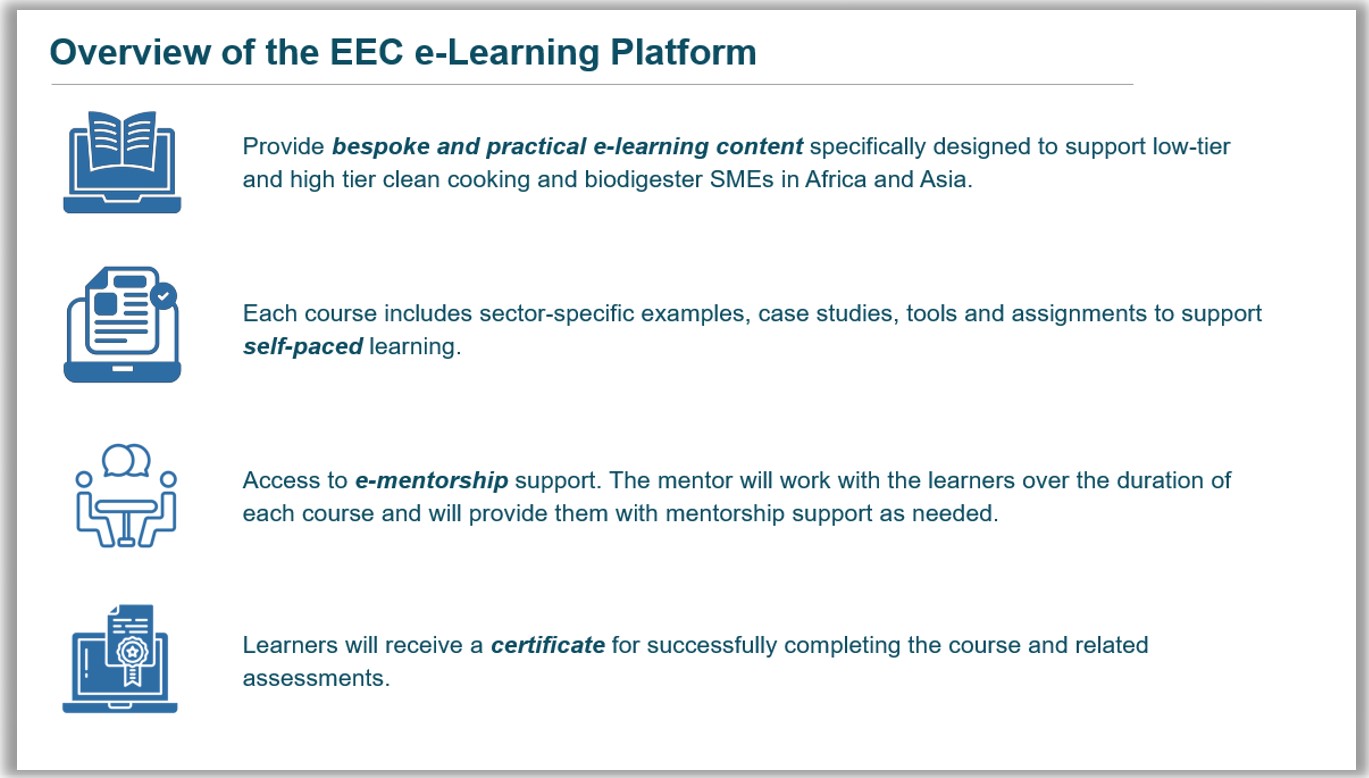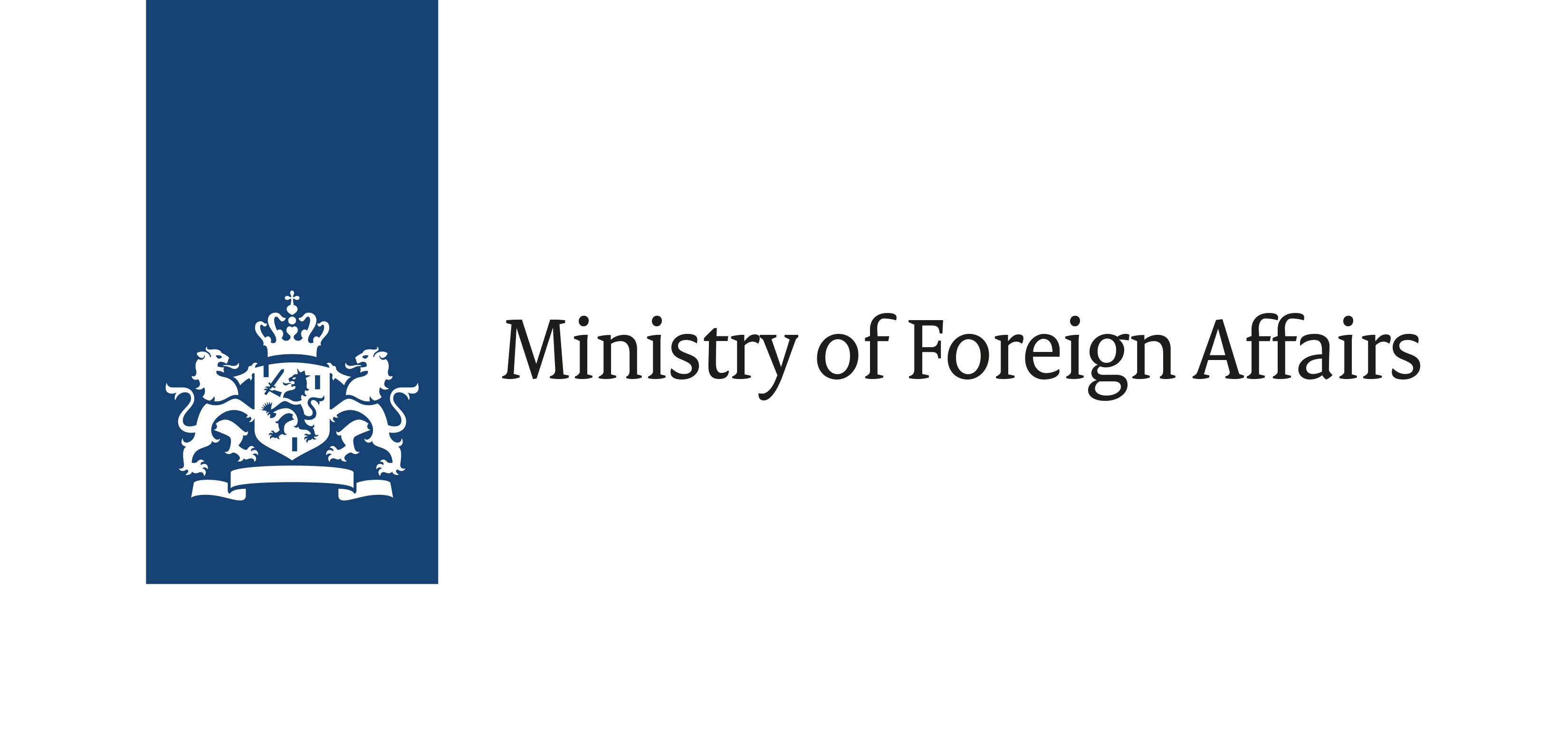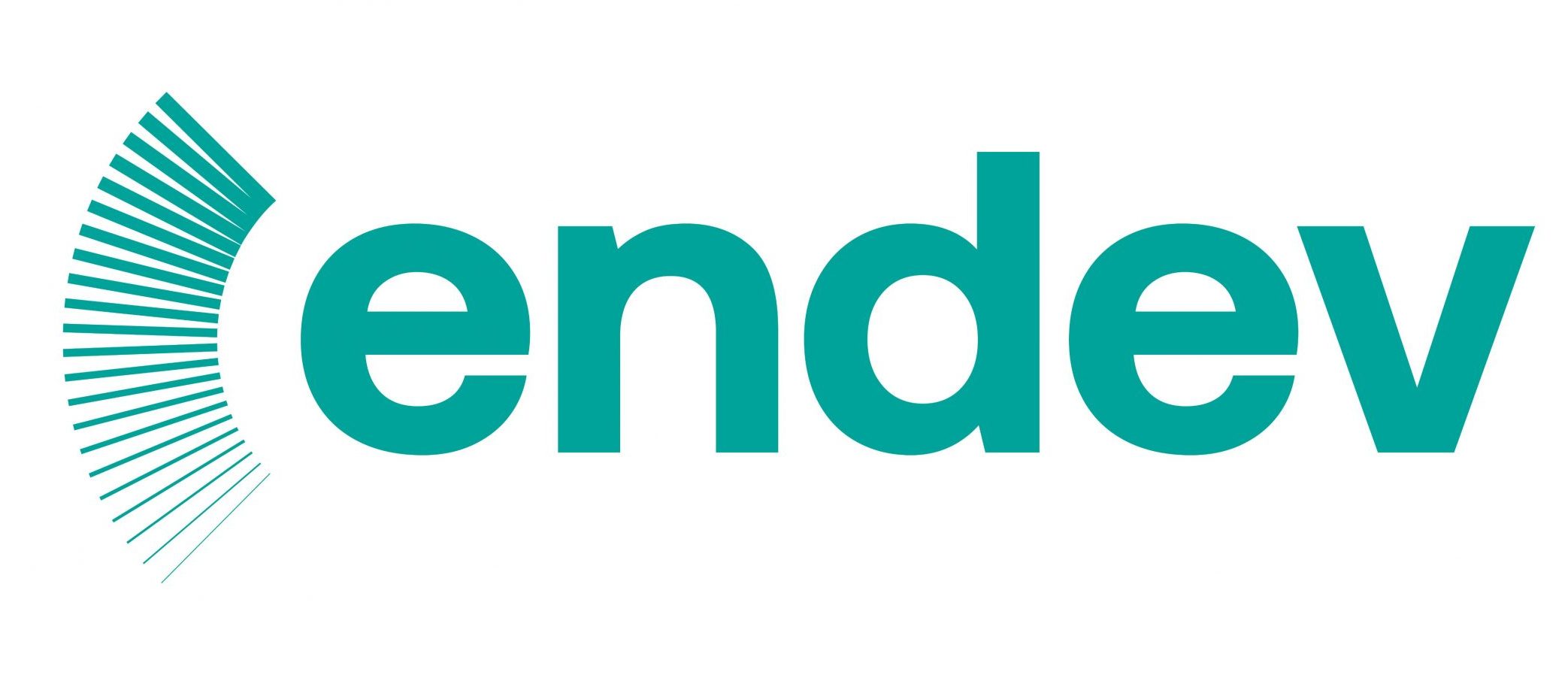
Introduction
In the vibrant economies of Kenya and Uganda, small and medium-sized enterprises (SMEs) form the backbone of entrepreneurial activity. Under the aegis of the ABC programme, a synergistic collaboration is unfolding to support these businesses. The Energy Enterprise Coach (EEC) and the Organic Fertiliser Valorisation Implementer (OFVI) have come together, offering a combination of business development and technical trainings on bioslurry valorisation to SMEs in the biodigester and bioslurry sector.
Shared Vision: Nurturing Prosperity and Sustainability
At the core of this partnership lies a shared vision – to nurture and propel SMEs towards prosperity and sustainability. The EEC, serves as a guiding beacon for SMEs navigating the complexities of growth and investment readiness. Offering a range of tailored support, from group trainings, self-paced E-Learning to personalised mentoring, it ensures timely guidance across various business facets. Meanwhile, OFVI, with its expertise in bio-slurry valorisation, enriches SMEs through hands-on trainings and workshops. Collaborating with partners like Africa Bioenergy Programs Limited (ABPL) in Kenya and Biogas Solutions Uganda Limited (BSUL), it equips businesses with essential tools, from composting techniques to understanding soil-crop dynamics, fostering sustainable practices and profitability in biodigester investments.
Joining forces, EEC and OFVI embarked on a shared mission to empower SMEs across Kenya and Uganda. By combining our respective strengths and resources, we seek to bring in efficiencies into our intake, selection and support offered to ultimately create an ecosystem where entrepreneurship flourishes, innovation thrives, and communities prosper.
Impact and Benefits: Transforming SMEs in Kenya and Uganda
The collaboration between EEC and OFVI promises tangible benefits for SMEs in the biodigester and bioslurry/organic fertiliser sector across Kenya and Uganda. Through this partnership, SMEs can anticipate a range of transformative outcomes that will positively impact their businesses and operations. These include:
- Enhanced Knowledge and Skills: Through tailored interventions and hands-on training programs, SMEs stand to gain access to invaluable knowledge and skills that they need to succeed in a competitive market.
- Market Expansion Opportunities: EEC and OFVI provide SMEs with access to new markets and opportunities for growth. By connecting businesses with national partners and industry stakeholders, entrepreneurs can expand their reach and establish sustainable business networks that drive long-term success.
- Sustainable Impact: The collaboration between EEC and OFVI fosters sustainable practices that benefit both businesses and the environment. By promoting the use of bio-slurry as organic fertiliser and advocating for responsible agricultural techniques, SMEs contribute to a greener, more sustainable future for generations to come.
Conclusion: A Bright Future Through Partnership
The collaboration between EEC and OFVI illuminates a path towards a brighter future. Together, they stand as beacons of hope, guiding entrepreneurs through the challenges and uncertainties of business growth. Their partnership signifies more than just a union of organisations; it symbolises a commitment to collective progress and sustainable development.
With tailored support and innovative strategies, EEC and OFVI are not merely empowering SMEs – they are laying the foundation for thriving ecosystems of entrepreneurship in the biodigester and bioslurry/organic fertiliser sector in Kenya and Uganda.
Click the links below to learn more about the various partners:
OFVI: https://www.ofvi-abc.nl/
















